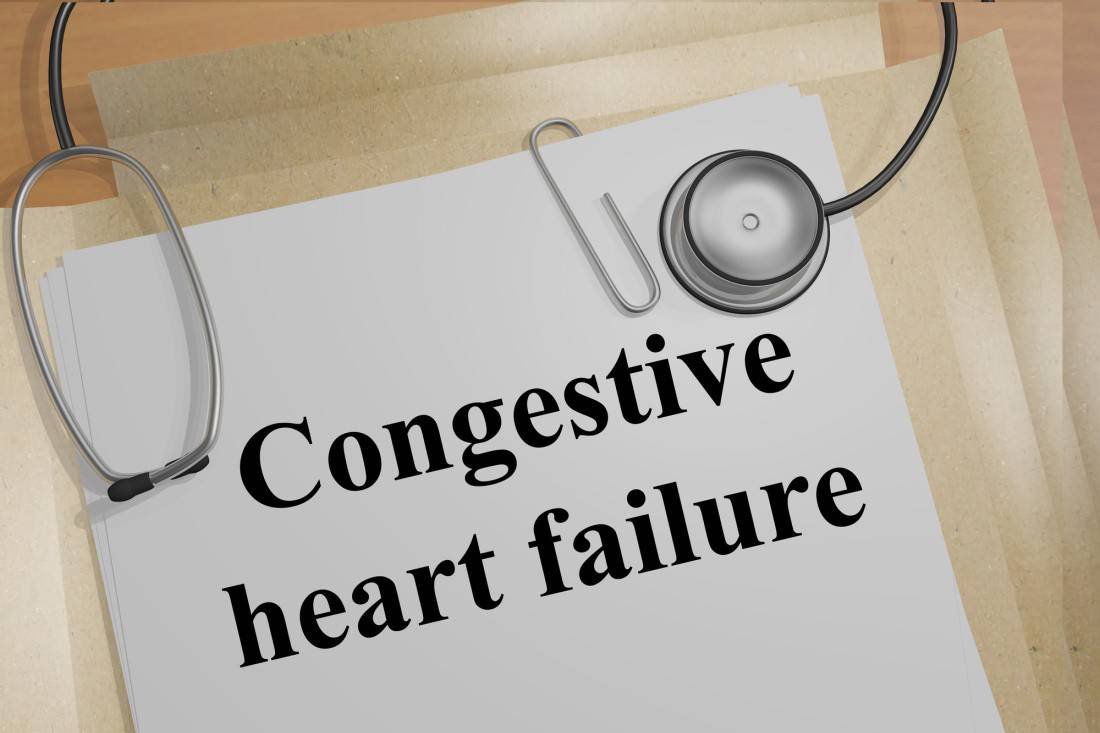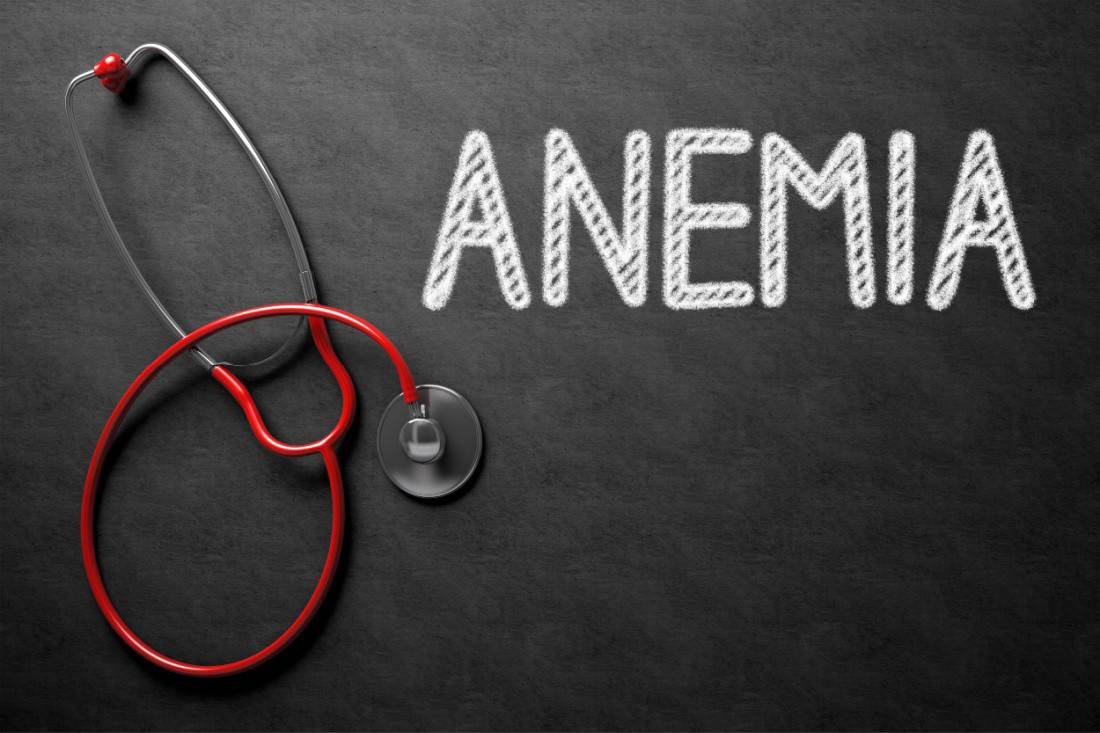What is Kidney Disease? And What Are The Symptoms?
Did you know that kidney disease is one of the top 10 leading causes of death in the United States? In fact, kidney disease accounts for more deaths each year than breast cancer or prostate cancer.
Yet many people are unaware of the seriousness of this condition.
This blog post will provide an overview of kidney disease, including its symptoms and treatment options.
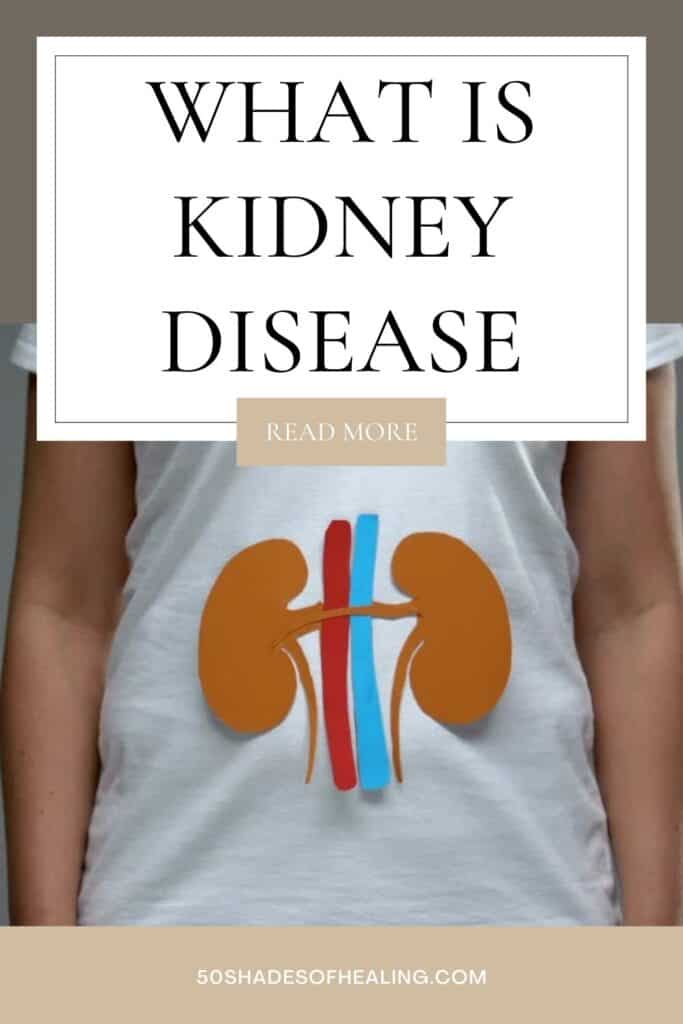
Stay tuned for future posts that will dive deeper into specific aspects of kidney disease.
Kidneys are vital internal organs that filter toxins out of the bloodstream, remove excess fluid from the body, produce hormones and store certain vitamins and minerals.
Kidneys are among the largest and most crucial organs in the human body. They are responsible for filtering out toxins, excess salt, and water from the blood, as well as helping to regulate blood pressure.
They also produce certain hormones and store certain vitamins, minerals, iron, and other compounds.
Kidneys play a central role in the human body. The two kidneys remove waste products from the blood and regulate fluid balance.
The Kidney is one of the most important organs in your body. It works by filtering blood and removing waste products, such as excess salt, from your body.
The kidneys reabsorb urea and creatinine from the blood to help flush out more water.
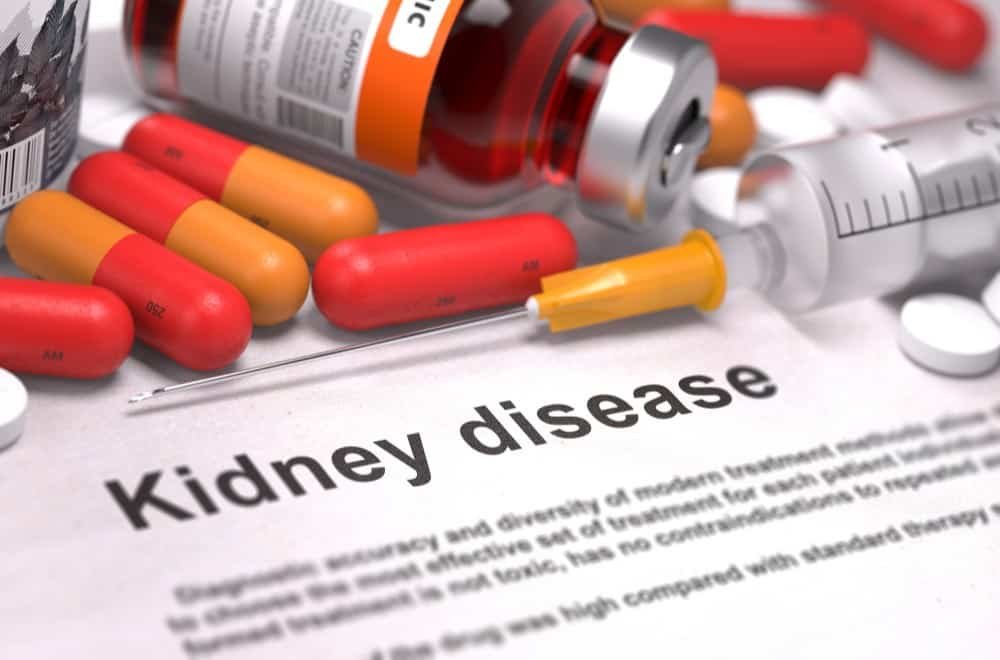
When you go to pee, it rinses itself by releasing a small amount of urine that travels down the ureters into the bladder.
A lot of people really don’t know what a kidney is or what it does for them personally.
With this information, we hope you can learn about kidneys and understand why it’s so important for us to take good care of our health overall!.
Kidney Disease
Kidney disease (also known as nephropathy) is a medical condition that affects the kidneys.
In renal failure, the kidneys do not properly remove waste products and extra water from the blood, while renal insufficiency results in abnormal kidney function.
The two most common types of kidney disease are end-stage renal disease (ESRD), and chronic kidney disease (CKD).
Dietary and lifestyle choices can result in chronic kidney damage, which can lead to CKD.
Kidney disease, also known as kidney failure, affects approximately 5 million people worldwide.
Although the kidneys produce urine and rid the body of waste products, they can no longer perform these functions in those who have chronic kidney disease.
Those with this condition must receive hospital treatment or dialysis to maintain their health until they can receive a transplant.
Many too often die while waiting for one.
Kidney disease primarily affects two groups of people: those with diabetes and those who’ve undergone radiation therapy for a brain tumor or head injury due to blood vessel damage.
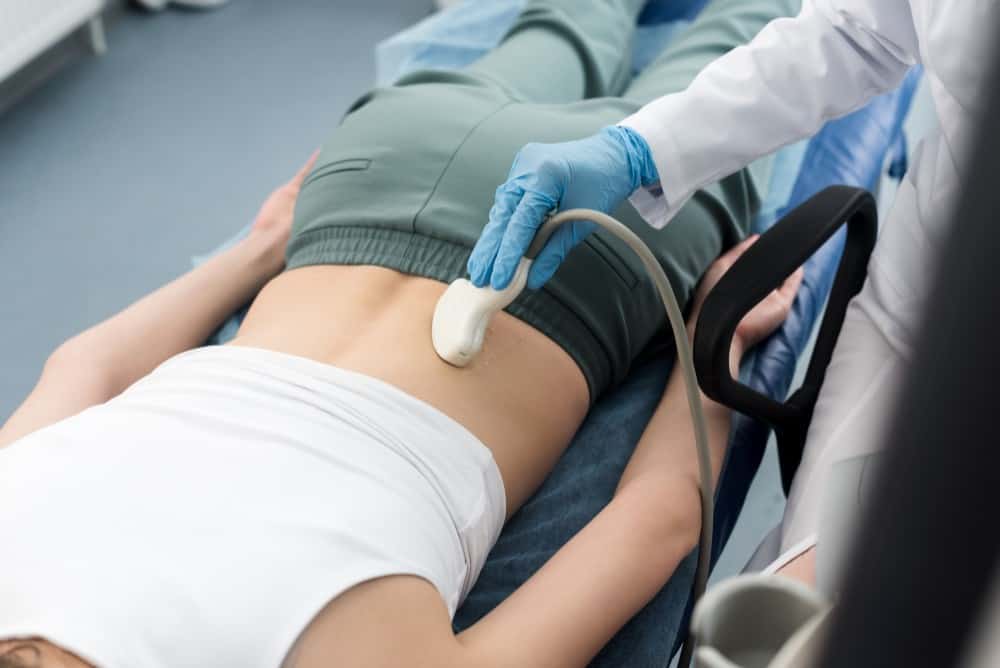
It’s important to note that many symptoms are not present until it is too late for treatment.
Elimination is the process by which waste products are removed from the body.
The kidneys enable this process by filtering waste products from the blood into the urine.
This process, which occurs every day, is called renal function. When a renal function fails because of chronic kidney disease (CKD), the kidneys are no longer able to remove all of their normal waste product output and excessive amounts of waste products accumulate in the blood, leading to a variety of medical consequences.
The main components of the kidney’s filtering process are protein and the glomerulus, a structure that performs this function.
Protein is the predominant waste in the blood and, as a result, there are two main types of kidney failure: acute kidney injury and chronic kidney disease.
In acute kidney injury, the protein appears in large amounts in the blood as a result of damage to glomeruli.
This occurs when there is an external factor such as infection or trauma that damages tissue at a rapid rate.
This type of renal failure is more common with swelling (inflammation) of the kidneys and can occur suddenly due to inflammation after an injury like a heart attack or stroke.
Kidney disease may develop with this type of injury over time and can be worsened by diabetes or high blood pressure.
Chronic kidney disease develops when the kidneys are unable to properly filter protein and waste products, even if there is no damage to the glomerulus.
As proteins accumulate in the blood, this condition may lead to microalbuminuria, which is known as reduced kidney filtering ability that results in protein in the urine.
Once it begins, it often leads to full-blown chronic kidney disease or end-stage renal disease (ESRD).
When there is a drop in renal function, waste products build up in the blood and cause an array of medical problems including anemia.
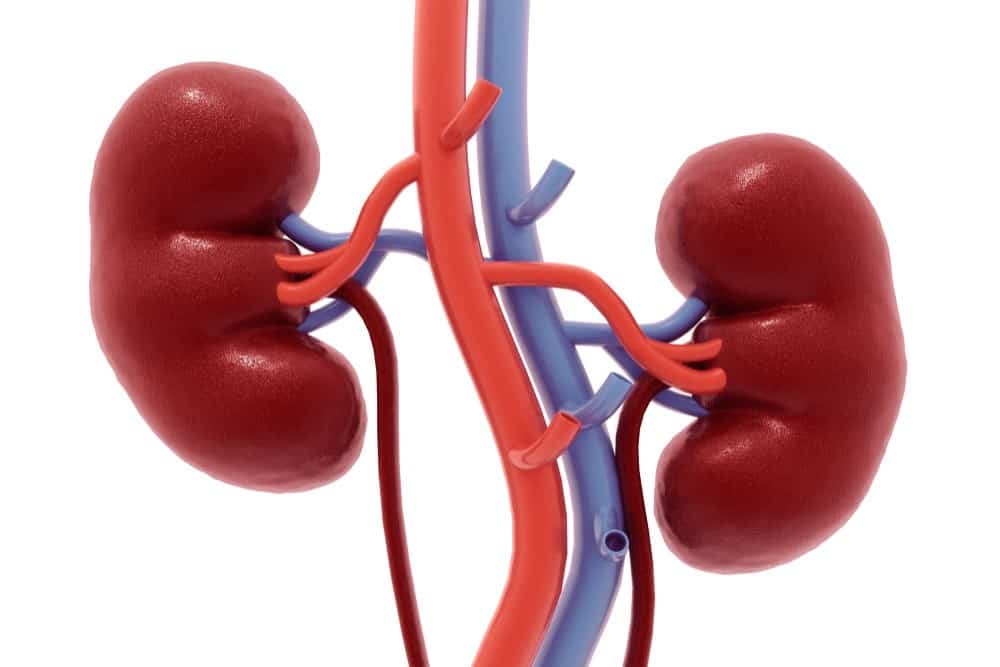
Symptoms of Chronic Kidney Disease
The kidney is a vital organ in the body. When the kidneys are functioning properly, they filter toxins from your blood and help maintain proper fluid balance.
Injuries or defects to the kidneys, however, can lead to a variety of symptoms that may require treatment by both a doctor and a kidney specialist.
A diagnosis of kidney disease will follow if there is any concern about damage to the organ.
There is no typical pattern for kidney disease, but some common symptoms include increased urination; fatigue; nausea/vomiting; dizziness; changes in appetite, weight loss or gain; changes in mood ranging from mild depression to manic excitement.
Kidney disease is usually treated with medications that may or may not be part of a treatment program.
In cases of kidney failure, dialysis may be necessary, but it is not a cure.
The goal is to keep the kidneys healthy enough to continue filtering waste while they are still functional.
Dialysis is mostly used when the kidney function cannot be restored on its own.
Kidney disease can vary depending on the part of the body (e.g., the left or right kidney, or both) and on which kidney is affected; it can affect any part of the kidney, including how blood flows through it.
There are two general types of kidney disease:
Acute
Acute kidney failure is a condition that comes on suddenly, typically within hours or days.
It may occur due to trauma to the kidneys and decreased blood flow in their area, it can also develop from an obstruction such as Stones lodged near them which would be called “renal” acute inflammation.

Chronic
Chronic kidney disease is a condition in which the kidneys become damaged and cannot filter blood.
As this happens, wastes build up within your body that can make you feel sick with symptoms for early stages of advanced cases without knowing about it because most people don’t experience them until later on when their illness has progressed further than expected.
Kidney disease is a term used to describe problems with both kidneys:
Functional nephropathy — The loss of protein in the urine caused by reduced kidney function. In some cases chronic kidney disease may cause progressive damage in the kidneys, leading to failure or death.
Non-functioning kidney — The loss of function in less than two out of three kidneys and usually affects only one at a time. However, nephritis (inflammation) may affect either or both kidneys.
Kidney disease can affect a person’s health and quality of life, making it one of the most challenging diseases to manage.
Causes Of Kidney Disease
Kidney disease can be caused by end-stage renal disease, which is the result of a long-term and/or progressive loss of renal function.
Causes include:
Diseases that cause an increase in the level of creatinine in the blood (such as diabetes) may also increase the risk of developing chronic kidney disease.
- Type 1 or type 2 diabetes
- High blood pressure
- Glomerulonephritis (gloe-mer-u-low-nuh-FRY-tis) — an inflammation of the kidney’s filtering units (glomeruli)
- Interstitial nephritis (in-tur-STISH-ul nuh-FRY-tis), an inflammation of the kidney’s tubules and surrounding structures
- Polycystic kidney disease or other inherited kidney diseases
- Prolonged obstruction of the urinary tract, from conditions such as enlarged prostate, kidney stones and some cancers
- Vesicoureteral (ves-ih-koe-yoo-REE-tur-ul) reflux, a condition that causes urine to back up into your kidneys
- Recurrent kidney infection, also called pyelonephritis (pie-uh-low-nuh-FRY-tis)
Other causes include certain medications such as nonsteroidal anti-inflammatory drugs and certain antidepressants; rhabdomyolysis from physical exercise (such as is involved in football); and congenital disorders that affect how the kidneys develop or fail to develop.
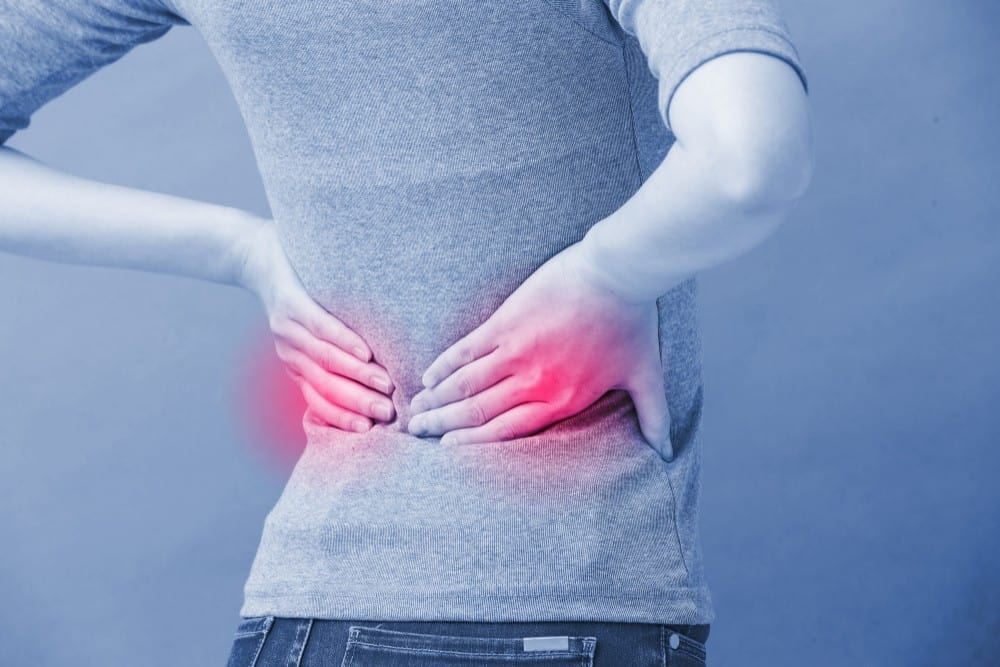
Stages of Kidney Disease
Chronic Kidney Disease is a progressive disease that will likely affect your quality of life in many ways. The stages of this condition can be helpful for understanding how you’re doing and what lies ahead, so keep them in mind!
The CKD stages are as follows:
Stage 1
Stage one of the disease process means that your kidneys are functioning normally but urine findings point to kidney problems. GFR levels will be at 90 plus, and you’ll receive monitoring for blood pressure as well as observations throughout this period in order to determine how quickly things progress from here on out.
Stage 2
The kidneys at this point in time are still functioning, but they’re not as strong. Your GFR rate has decreased to between 60-89%. The doctor will monitor blood pressure and may do some observations before deciding on a treatment plan for you.
Stage 3
Stage 3 of chronic kidney disease has been reached when your estimated glomerular filtration rate (eGFR), which tells you how well our kidneys are working, falls between 30-59. This means that there is noticeable damage and loss in function for those with lower numbers than this range.
In order to prevent further progression into Stage 4 or 5 on the spectrum from occurring; it’s important to ensure adequate hydration by drinking more fluids while maintaining healthy food intake habits
Stage 4
The final stage of kidney disease is Stage 4, which occurs when your estimated glomerular filtration rate (eGFR) falls between 15–29. At this point, it’s important to manage your health and preserve as much function in the remaining kidneys so you can start planning ahead for potential treatments like a transplant or dialysis if necessary!
Stage 5
When you are at Stage 5 kidney disease or end-stage renal failure, treatments like dialysis and a transplant will likely be needed to prolong life. It’s important to work with your nephrologist (kidney doctor) to determine which treatment option is right for you.
Treatment of Chronic Kidney Disease
There’s no cure for chronic kidney disease, but treatment can help relieve the symptoms and stop it from getting worse.
Treatments might include:
- High blood pressure medications
- Medications to relieve swelling
- Medications to treat anemia
- Medications to lower cholesterol levels
- Medications to protect your bones
- A lower protein diet to minimize waste products in your blood
Treatment for end-stage kidney disease
When your kidneys can no longer keep up with the waste and fluid clearance on their own, you have end-stage kidney disease.
- Dialysis
- Kidney transplant

Kidney Disease (CKD) FAQ
What is the prognosis for someone newly diagnosed with kidney disease?
There is no one-size-fits-all answer to the question of prognosis for someone newly diagnosed with kidney disease. However, most cases of kidney disease can be successfully treated if caught early. With prompt and appropriate treatment, the vast majority of people with CKD will enjoy a good quality of life.
How do low levels of potassium affect those with chronic kidney disease (CKD)?
Low potassium levels in those with chronic kidney disease can cause a number of symptoms, including muscle weakness, irregular heartbeat, and feeling tired. Low potassium levels can also be fatal.
Can kidney disease be reversed?
No, kidney disease cannot be reversed and does not go away.
The good news is that kidney disease can often be prevented or delayed with early diagnosis and treatment.
If you think you might be at risk for kidney disease, talk to your doctor about getting tested.
Early diagnosis and treatment are the best ways to protect your kidneys and keep them functioning well for years to come.

